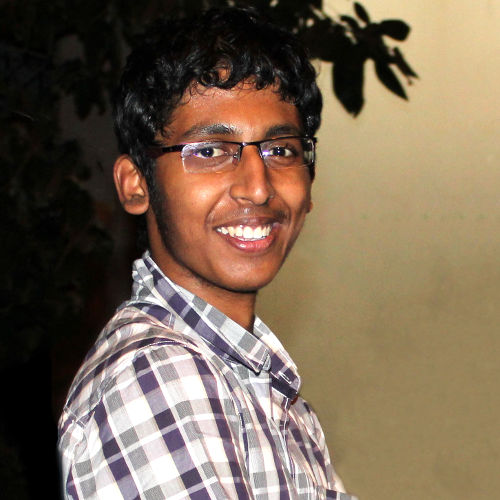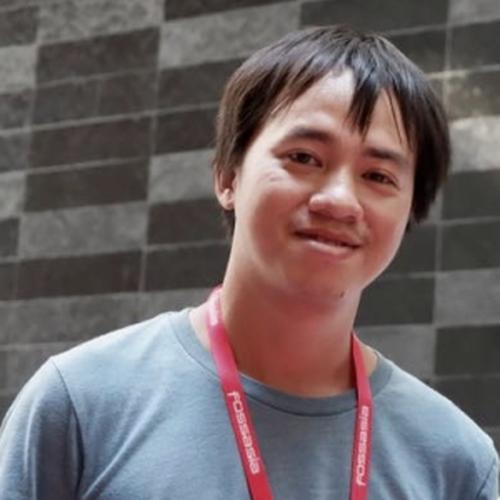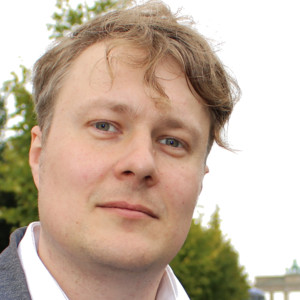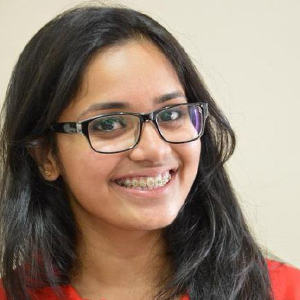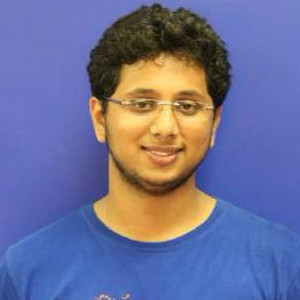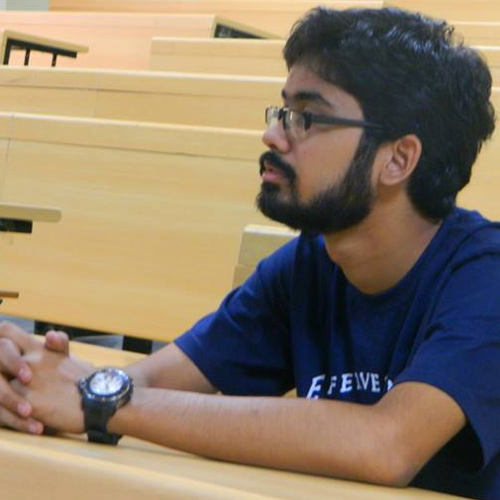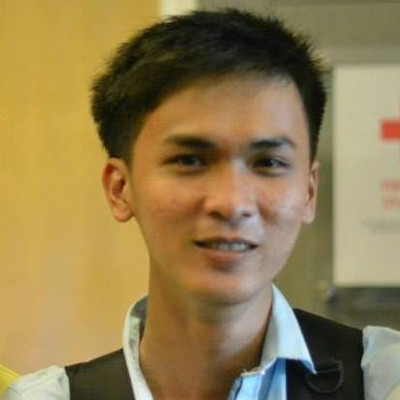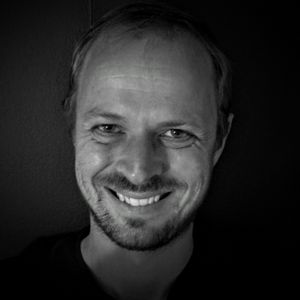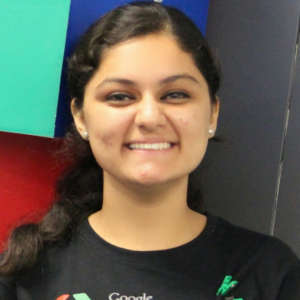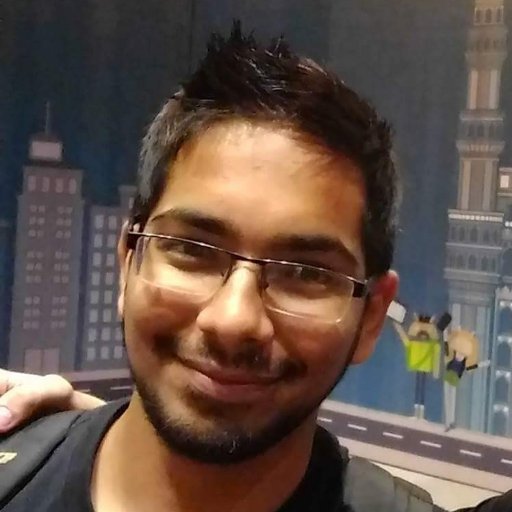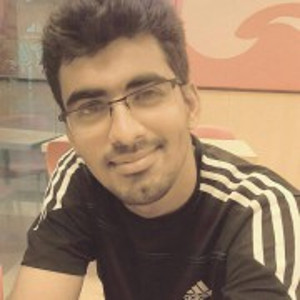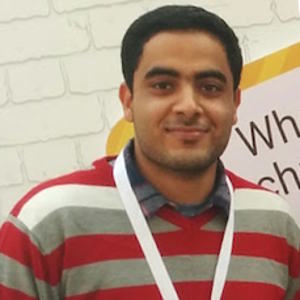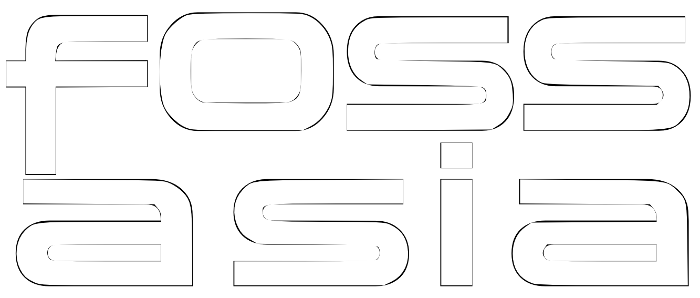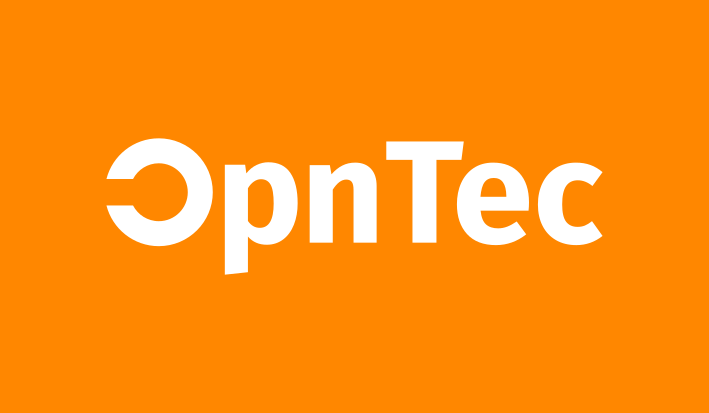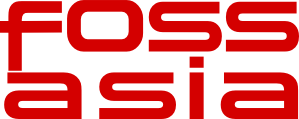FOSSASIA Projects
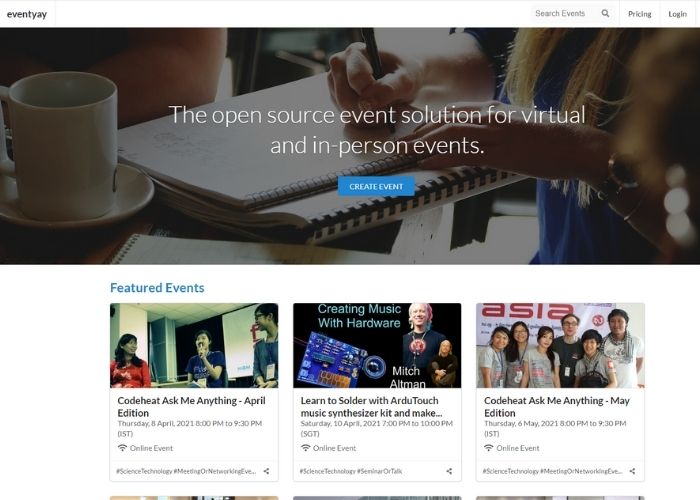
Open Event
Make Open Event useful for events and meetups and help to release a successful event management and ticketing tool for communities.
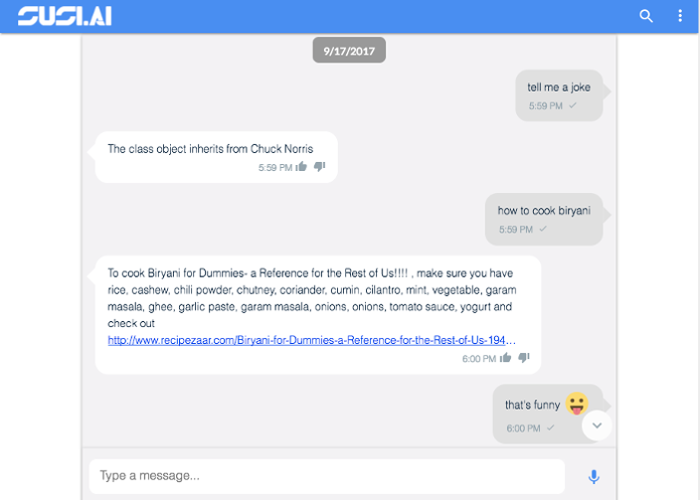
SUSI.AI
Apart from progressing on the issues on the different SUSI.AI repositories, we want to focus on the development of the chat app and Skills editor. Another goal is to plugin SUSI to all kinds of web applications.
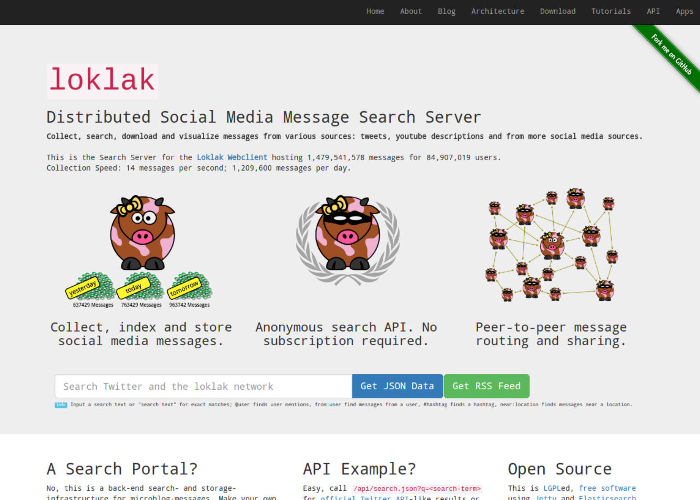
loklak
loklak is a social media search engine and message collector for twitter and other networks. All loklak repositories are part of the coding contest.
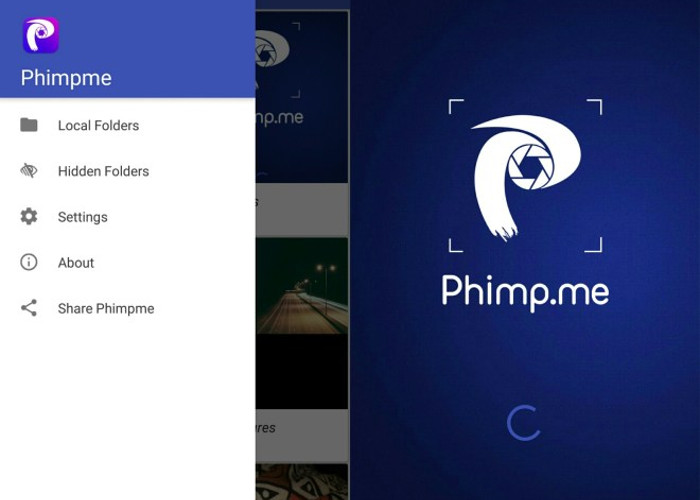
Phimp.me
Phimp.me is an image applications for Android that does not miss out on features. Help to make the app more stable and support more social accounts in the app.
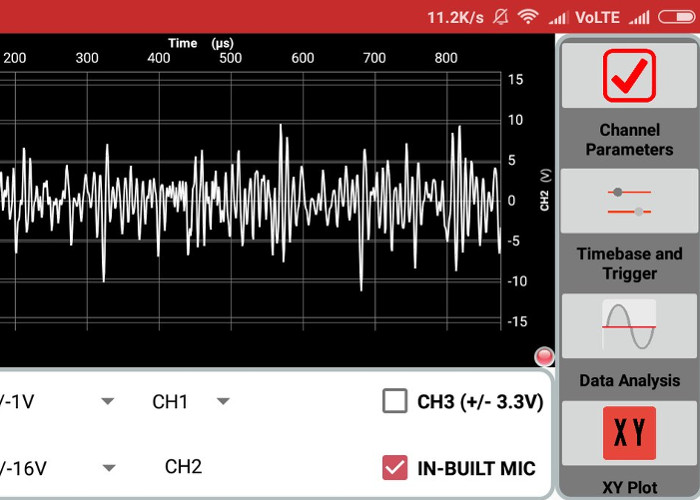
PSLab
The FOSSASIA Pocket Science Lab is a combination of an Open Source hardware and software applications for desktop and mobiles. The goal is to enable students and anyone interested in Citizen Science to conduct experiments.
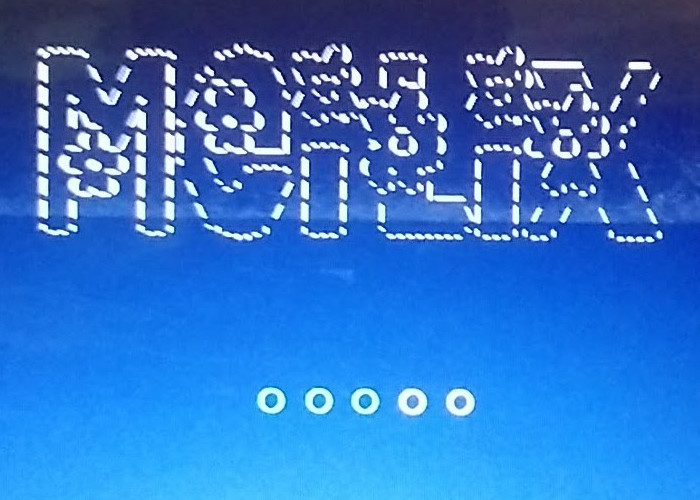
Meilix
Meilix is a beautiful Linux distribution based on Debian and lubuntu using LXQT and other lightweight applications. With the Meilix generator users can generate their own customized Meilix version for events, kiosk systems or home use.
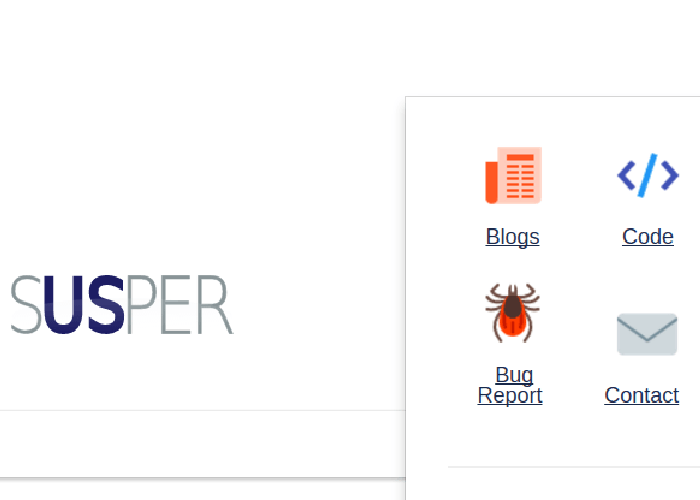
Susper Search
Susper is a distributed Peer to Peer search engine using Yacy and Elastic Search. The front-end uses Angular JS and Material design.
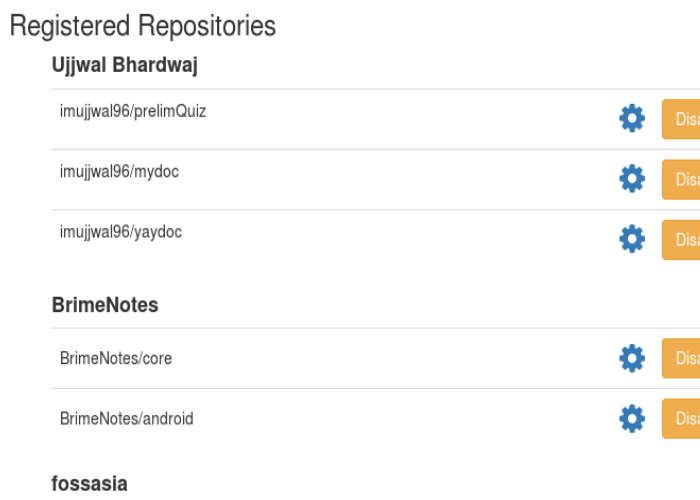
Yaydoc
Yaydoc is a documentation generator for Git and GitHub projects generating a complete website with search capabilities and automatic deployment on each merged pull request.
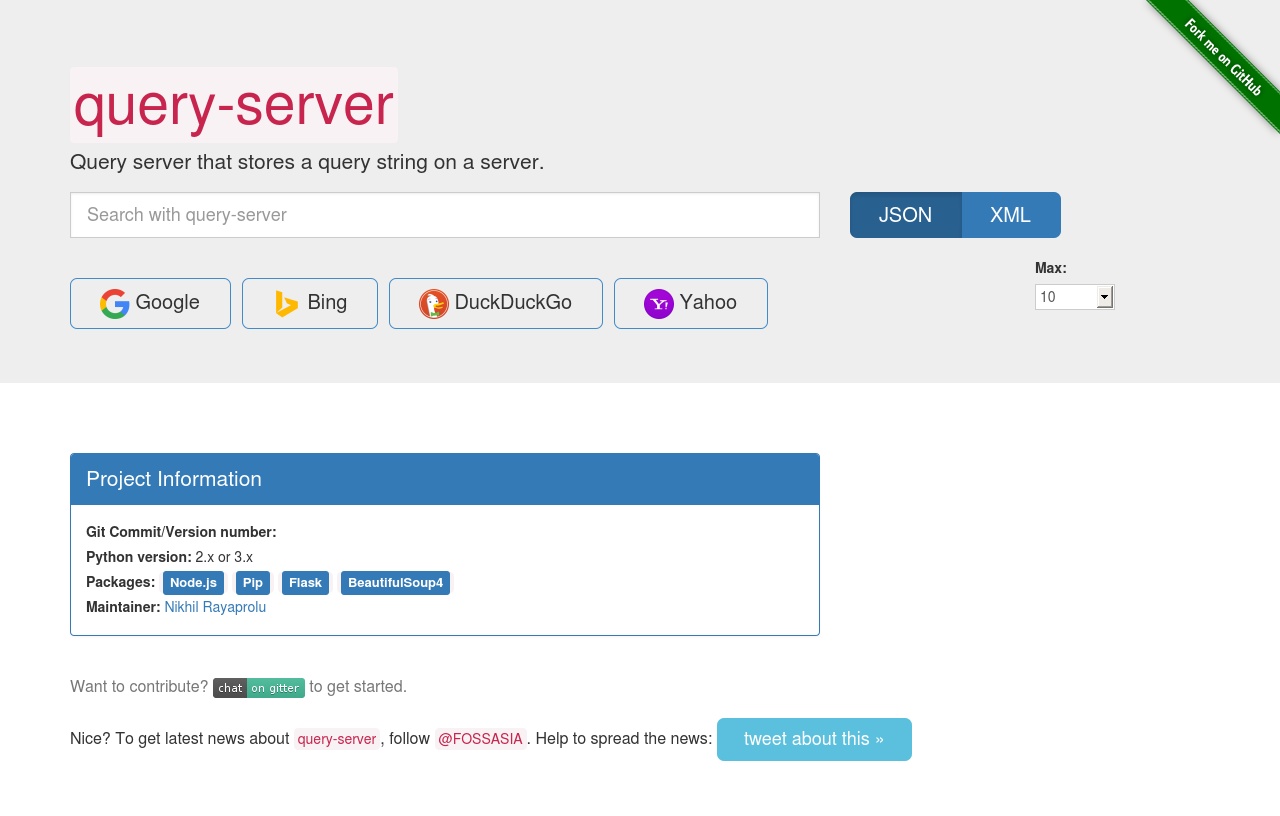
Query Server
The query server can be used to search a keyword/phrase on a search engine (Google, Yahoo, Bing, DuckDuckGo) and get the results as json or xml. The tool also stores the searched query string in a MongoDB database for analytical purposes.
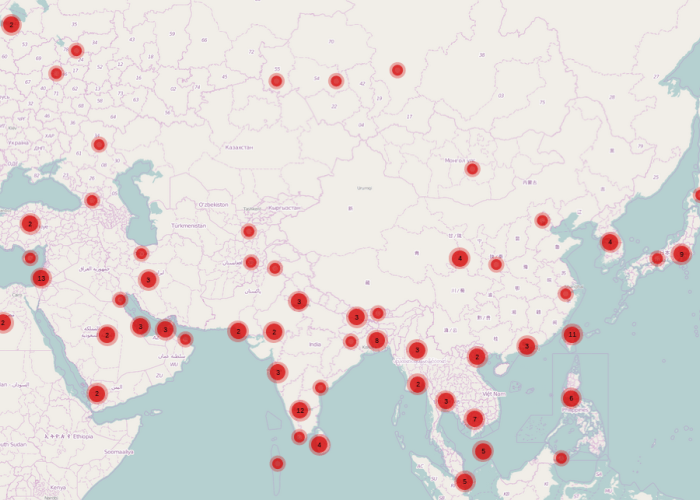
FOSSASIA Labs
FOSSASIA Labs provides a starting point for developers interested in new projects and additional components to existing projects. The issue tracker holds a number of project ideas to get started.
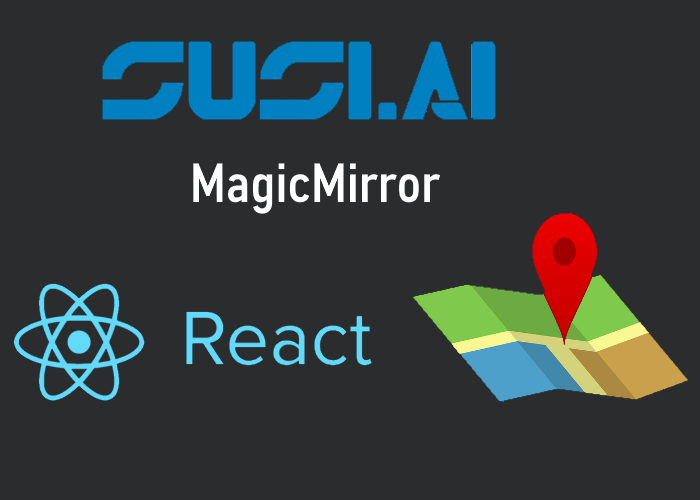
SUSI.AI for Magic Mirror
SUSI.AI modules for Magic Mirror. Apart from the SUSI.AI core repositories in this project we integrate SUSI.AI into the Magic Mirror project. Join us developing the magic mirror!
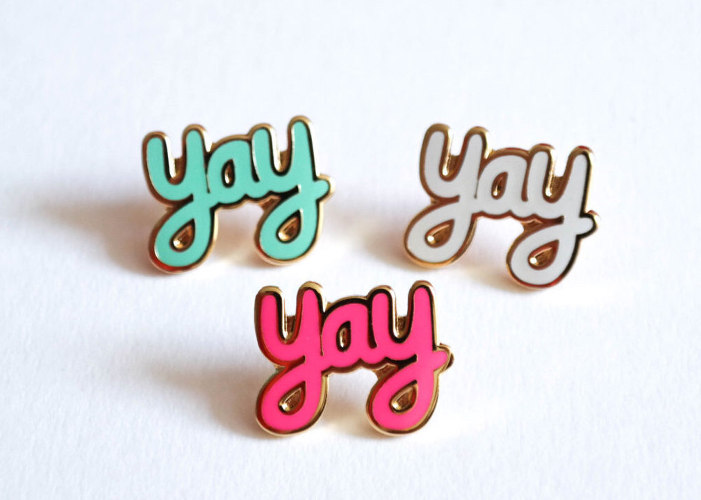
Badgeyay
At every event the same question comes up "how to print out badges". There are a number of proprietary websites out there, by why not create our own automatic badge generator for events?
About "In the Heat of the Code"
In the Heat of the Code is a coding contest for FOSSASIA projects on GitHub.
The contest runs until 1st February 2018. Grand prize winners will be invited to present their work at the FOSSASIA OpenTechSummit in Singapore from March 23rd -25th 2018 and will get up to 600 SGD in travel funding to attend, plus a free speaker ticket.
Our jury will choose three winners from the top 10 contributors according to code quality and relevance of commits for the project. The jury also takes other contributions like submitted scrum reports and technical blog posts into account, but of course awesome code is the most important item on the list.
Other participants will have the chance to win Tshirts, Swag and vouchers to attend Open Tech events in the region and will get certificates of participation. Sign up here now
Jury
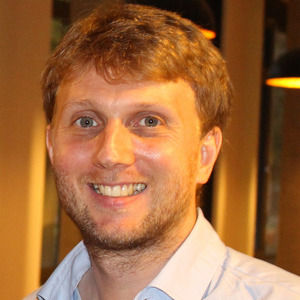
Mario Behling
Founder SUSI.AI/FOSSASIA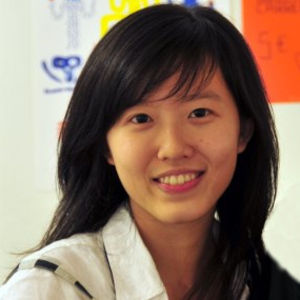
Hong Phuc Dang
FOSSASIA Founder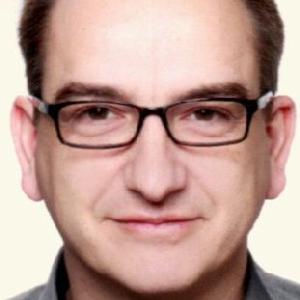
Michael Christen
Founder SUSI.AIMentors
